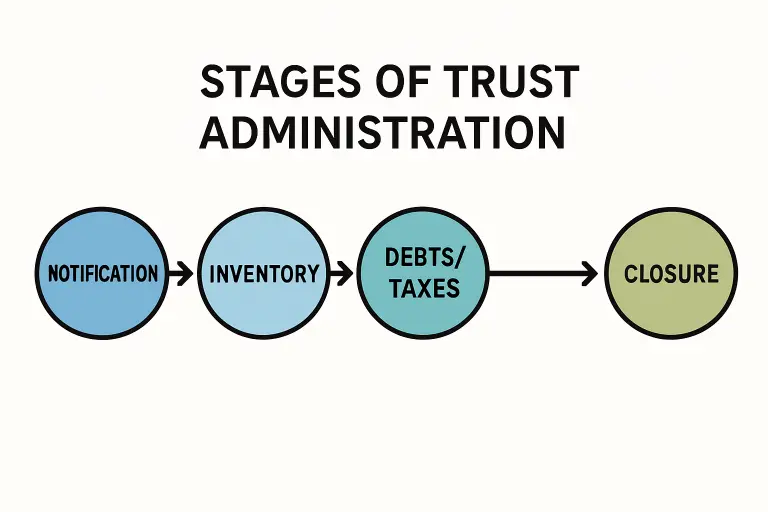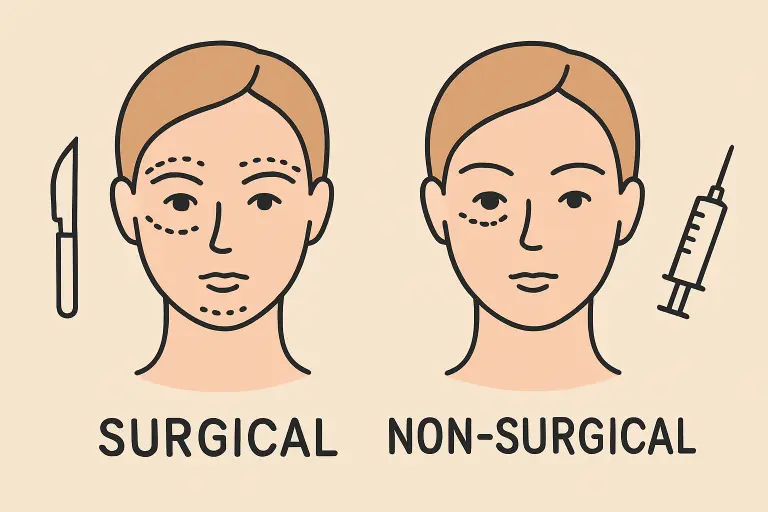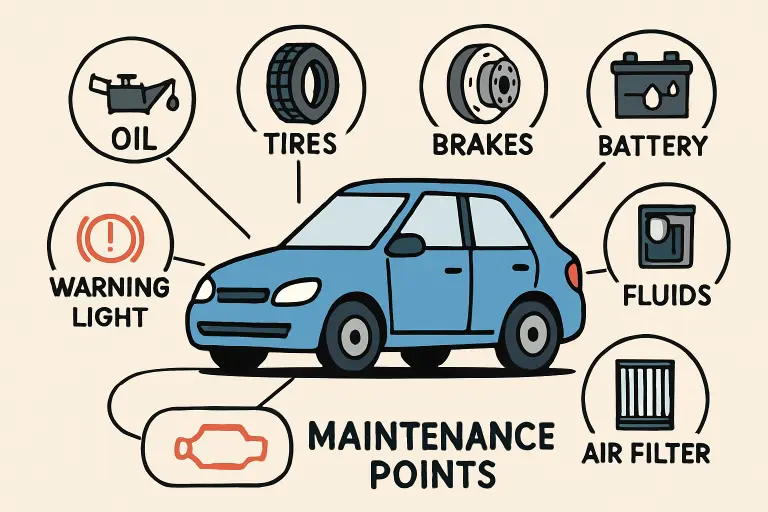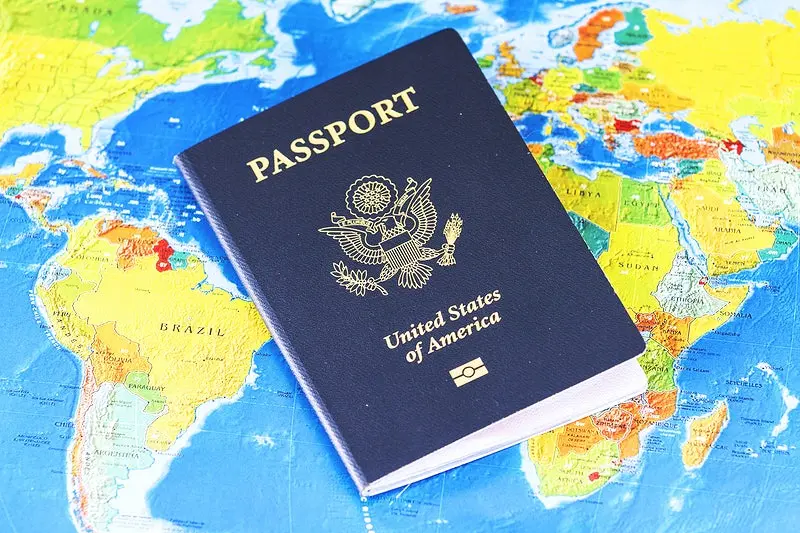Recovery can be scary; even when you’ve finally stepped out of rehab, you will still be exposed to emotional triggers and may have thoughts of relapsing – but that’s okay.
The truth is that staying sober is the hardest thing ever. Even if you are at the peak of your happiness, your urges are still likely to haunt you. In stressful or triggering situations, the difficulty level skyrockets to newer heights – making it impossible to resist. But with all things said, having a fear of relapse is a good thing because it proves that you care. After all, you have turned a new leaf, and you are concerned about your career, family, habits, and routine now more than ever. Thus, it makes sense to worry about your future and whether you will lead a happy and sober life or not.
Thankfully, with solid support, commitment, and some good coping skills, you can resist cravings and ensure that any relapse is only temporary. To help you stick to the path of sobriety, here are a few ways that will help pave the path for success and wellbeing.
Table of Contents
1. Consider outpatient therapy
Recovery is a time-consuming process (we’ve made that clear). Simply being sober for 30 days does not always imply a successful recovery. A long-term outpatient therapy program can help you stay committed to your goals while also helping you grow into a better version of yourself. Many rehab centers provide patients with the chance to get rid of their urges and plan for a future that is free of substance abuse. The Delphi Health Group, for instance, is an excellent rehab center that offers individualized treatment for those in suffering. They also offer recovery programs that include in-growth practices to promote wellbeing and, above all, learn how to stay sober in the long run.
2. Be mindful of the signs.
It is critical to be aware of the signs of relapse. When you are mindful, you will begin to nurture self-awareness. You will be able to make decisions about the quality of your healing. This can aid in preventing a relapse. Some signs of a drug or alcohol relapse are as follows:
- Repeated desire to drink alcohol or use drugs
- Elevated stress
- Returning to old behaviors
- Justifying to yourself that you can drink or use safely
- Isolating from family and friends
- Failure to meet occupational or social obligations
- Making irrational choices and unhealthy decisions
3. Build healthy relationships
You may have discovered that some of your previous relationships were not only unhealthy but also poisonous now that you are sober. Not only can your drug dealers and drinking buddies get you in distress, sometimes those closest to you can contribute to a relapse. You may have established a co-dependent relationship, or a family member, friend, or employer may have been empowering you without even realizing it. According to research, maintaining these toxic relationships increases your chances of relapsing. Thus, it is critical to cultivating healthy relationships so that you can avoid relapse and stay sober.
4. Practice healthy living
Chronic drug or alcohol abuse can significantly impact your physical and emotional health. And now that you’re in recovery, you’ll want to prioritize self-care and ensure you have the strength to stay sober. The following are some of the most important aspects of living a healthy lifestyle:
- Eating regular, well-balanced meals
- Regular exercise
- Making time for hobbies and leisure activities
- Practicing relaxation techniques such as mindfulness yoga and meditation.
- Getting enough quality sleep
5. Avoid old habits and patterns
Once you quit your alcohol or drug consumption but continue with the same pattern, you will find it easier to revert to your old behaviors. Some of the immediate changes you will need to make will be obvious, such as not hanging out with people you used to use drugs with or from whom you obtained drugs. You may also need to alter your commute to and from work or home to avoid triggers, people, things, or places that make you want to use drugs or alcohol. After all, you can’t expect to stay sober if you hang out with your drug dealer or old drinking buddies.
6. Know your limits
During busy times like Christmas, your “to-do list” can grow even longer, and people seem to expect more of you, whether it’s shopping, decorating, or preparing food. Set reasonable expectations for yourself and others. Don’t be afraid to set healthy boundaries and say no if it’s in your best interests. If you start to feel overwhelmed, divide the day into manageable chunks, such as an afternoon, an hour, or even 10 minutes. Whatever it takes to keep you calm and in control.
Conclusion
There is no magic formula for staying sober, but these suggestions and techniques are proven to work. The key is to realize that you have options and keep control. If any aspect of your life is out of control, it won’t be easy to maintain long-term sobriety. Still, ideally, once you commit to sobriety, you will never relapse. If you do relapse, it does not have to become a pattern. These practices can help you resist the temptation to relapse and recover from any relapses with a firm resolution to do better in the future.
Read also: Affects on alcohol on the body































































































































































































































































































































































































































































































































































































































































































































































































































































































































































































































































































































































































































































0